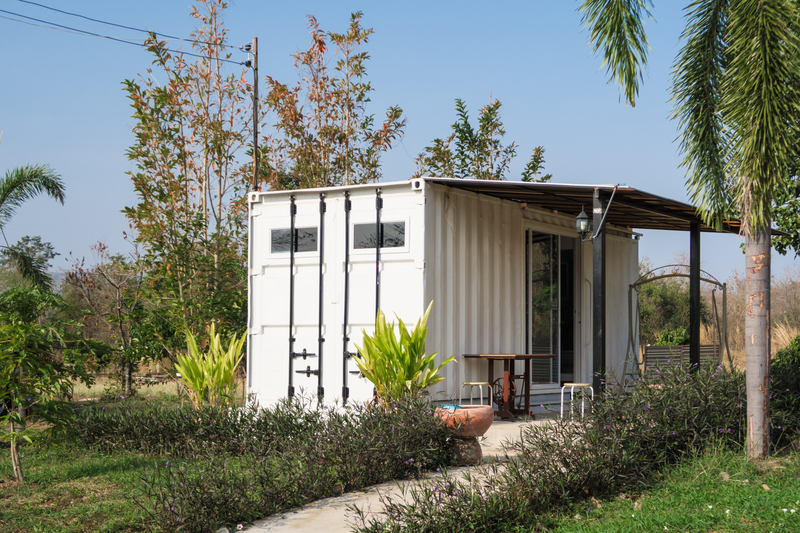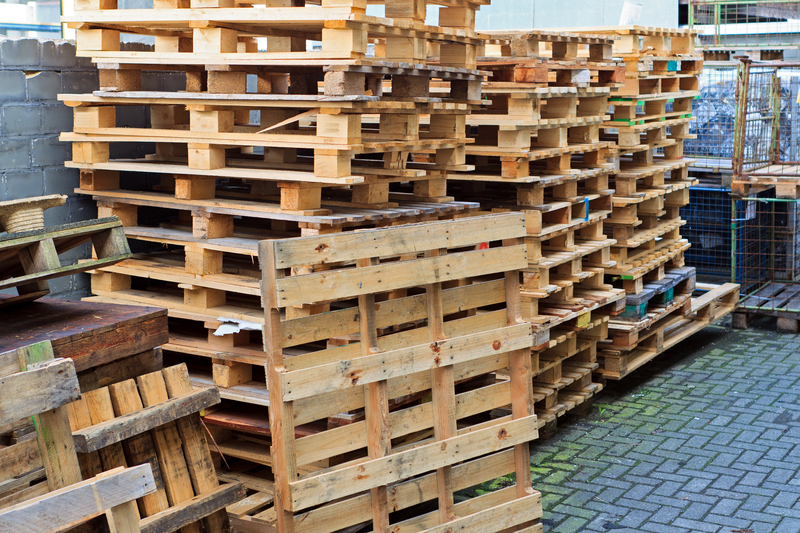Understanding the Significance of Glass Recycling
In today's world, where environmental sustainability is of utmost importance, recycling plays a crucial role. Among the various materials that can be recycled, glass recycling stands out for numerous reasons. It's not just about reusing what would otherwise end up in landfills; it's about conserving resources, saving energy, and reducing pollution.
The Lifecycle of Glass
Glass is a unique material made mainly from sand, soda ash, and limestone. Unlike plastics, it doesn't degrade and can be recycled infinitely without loss of quality or purity. This makes the recycling of glass both economically viable and environmentally beneficial. Understanding the lifecycle of glass provides insights into why its recycling is essential.

Why is Glass Recycling Crucial?
The importance of recycling glass extends beyond mere conservation. Here are some key reasons why it should be prioritized:
- Resource Conservation: Recycling glass reduces the need for raw materials. For every ton of glass recycled, over a ton of natural resources are saved.
- Energy Efficiency: Recycling glass consumes 30% less energy compared to producing new glass from raw materials. The process of melting cullet (recycled glass) requires less energy because it melts at a lower temperature.
- Reduction of Landfills: Landfills are increasingly becoming a significant environmental issue. Glass, which is non-biodegradable, can last forever in landfills. Recycling glass reduces its volume in waste disposal sites.
- Lower Carbon Emissions: Producing new glass from raw materials emits more carbon dioxide than recycling glass. By reducing emissions, glass recycling plays a role in combating climate change.
Environmental and Economic Benefits of Glass Recycling
The recycling of glass, whether clear, amber, or green, offers substantial environmental and economic benefits:
Environmental Benefits
- Preservation of Natural Habitats: When raw materials are extracted, it often disrupts natural habitats. Recycling glass minimizes this impact.
- Reduced Energy Consumption: As mentioned earlier, recycled glass lowers energy demands, which translates into fewer fossil fuels burned and less pollution.
Economic Benefits
- Cost Savings for Manufacturers: Manufacturers purchase recycled glass, or cullet, at a lower cost than raw materials, directly impacting their bottom line.
- Job Creation: The recycling industry supports numerous jobs, ranging from collection to processing to manufacturing.
Challenges in Glass Recycling
Despite its benefits, glass recycling is not without challenges. Some of these include:
- Collection and Contamination: Ensuring that glass is collected effectively and without contamination from other materials can be challenging.
- Sorting and Transportation: Glass needs to be sorted by color for effective recycling, and transporting heavy glass can be more costly than lighter materials.
- Market Demand: There should be a steady demand for recycled glass products to support recycling efforts.

Innovations and Solutions
With technological advancements, several solutions have emerged to tackle these challenges:
- Automated Sorting: Advanced sorting technologies have improved the efficiency and effectiveness of separating glass from other materials.
- Innovative Uses: Recycled glass is now used in creative ways, such as in building materials and art installations, broadening its market demand.
The Role of Individuals in Glass Recycling
As individual consumers, our role in recycling glass cannot be understated. Here are a few ways to contribute:
- Proper Sorting: Separate glass by color and ensure it's clean before recycling.
- Support Recycled Glass Products: Purchase items made from recycled glass to encourage the market.
- Educate Others: Raise awareness about the importance and benefits of glass recycling in your community.
The Future of Glass Recycling
Looking ahead, the emphasis on sustainability will likely lead to more innovations and efficiencies in glass recycling. With ongoing public awareness and technological advancements, recycling rates are expected to rise. By understanding and participating in these efforts, individuals and businesses alike can significantly contribute to environmental preservation and economic stability.
In conclusion, glass recycling is a vital component of our sustainability efforts. By minimizing environmental impact, conserving resources, and supporting the economy, glass recycling not only enhances ecological balance but also promotes a culture of responsibility and care for the earth.